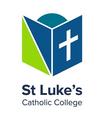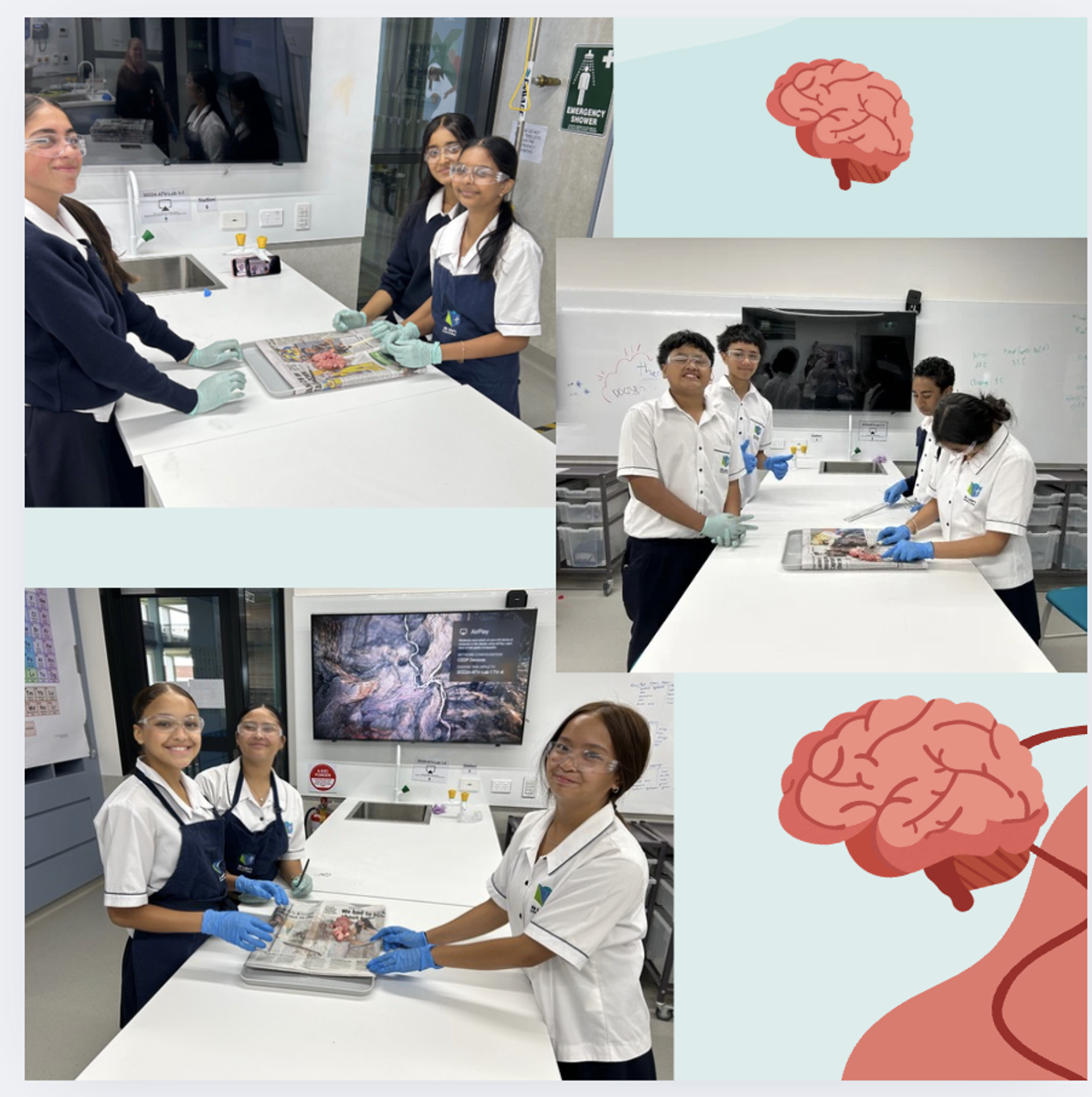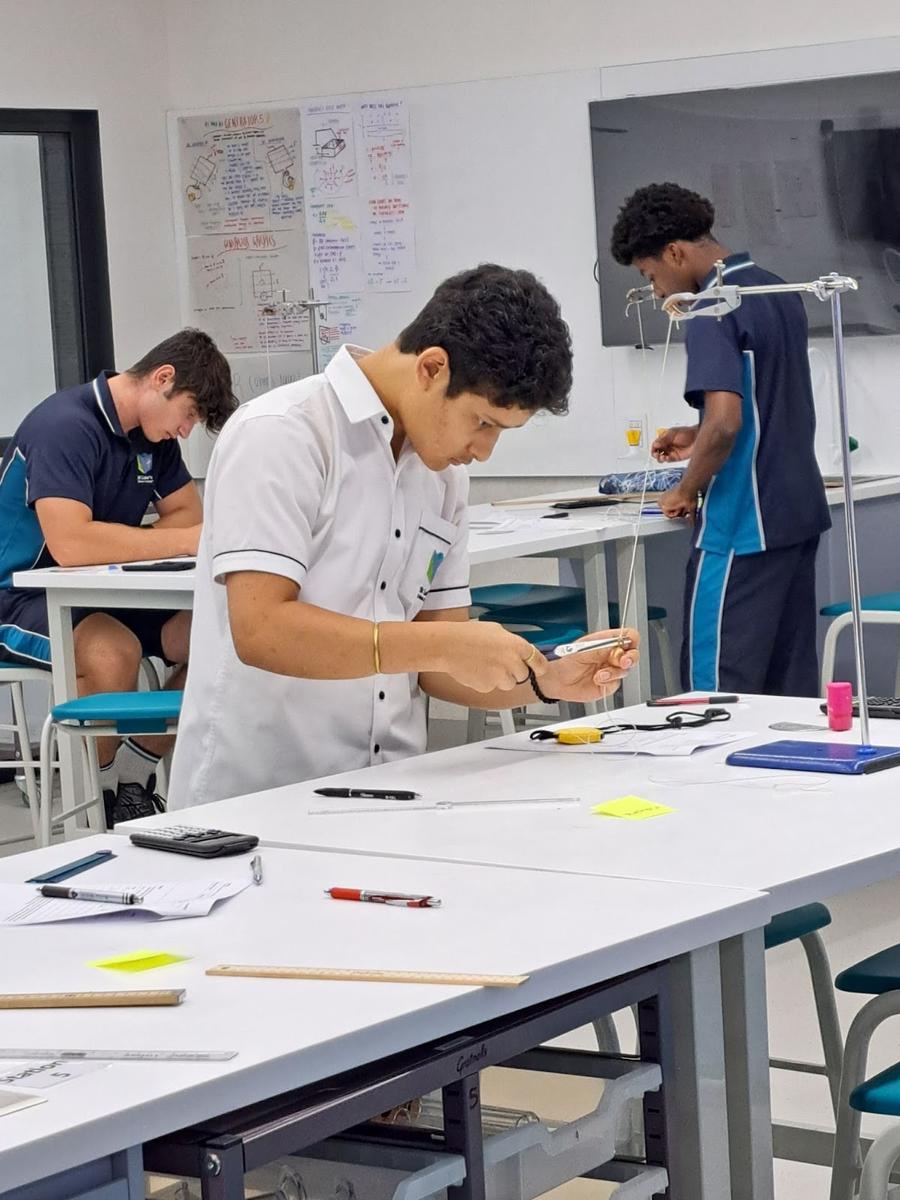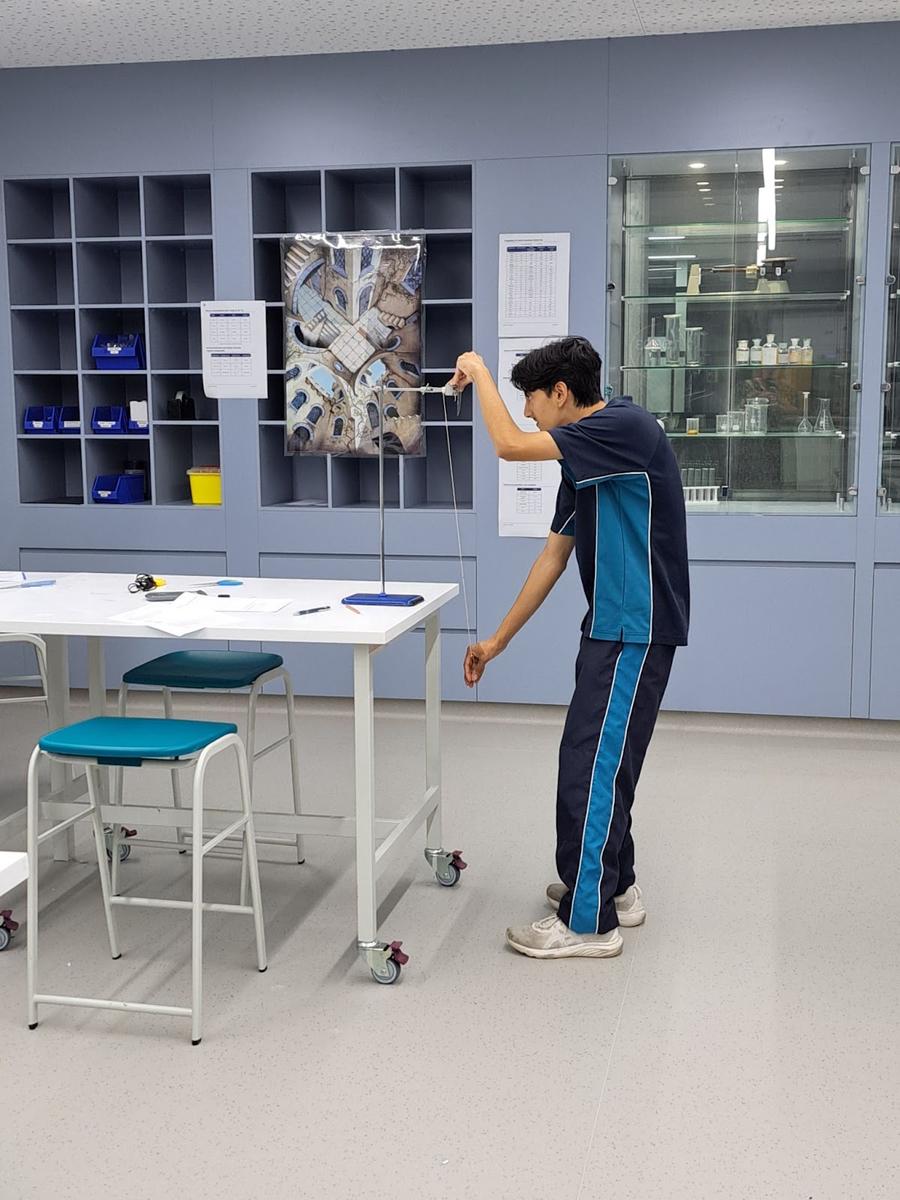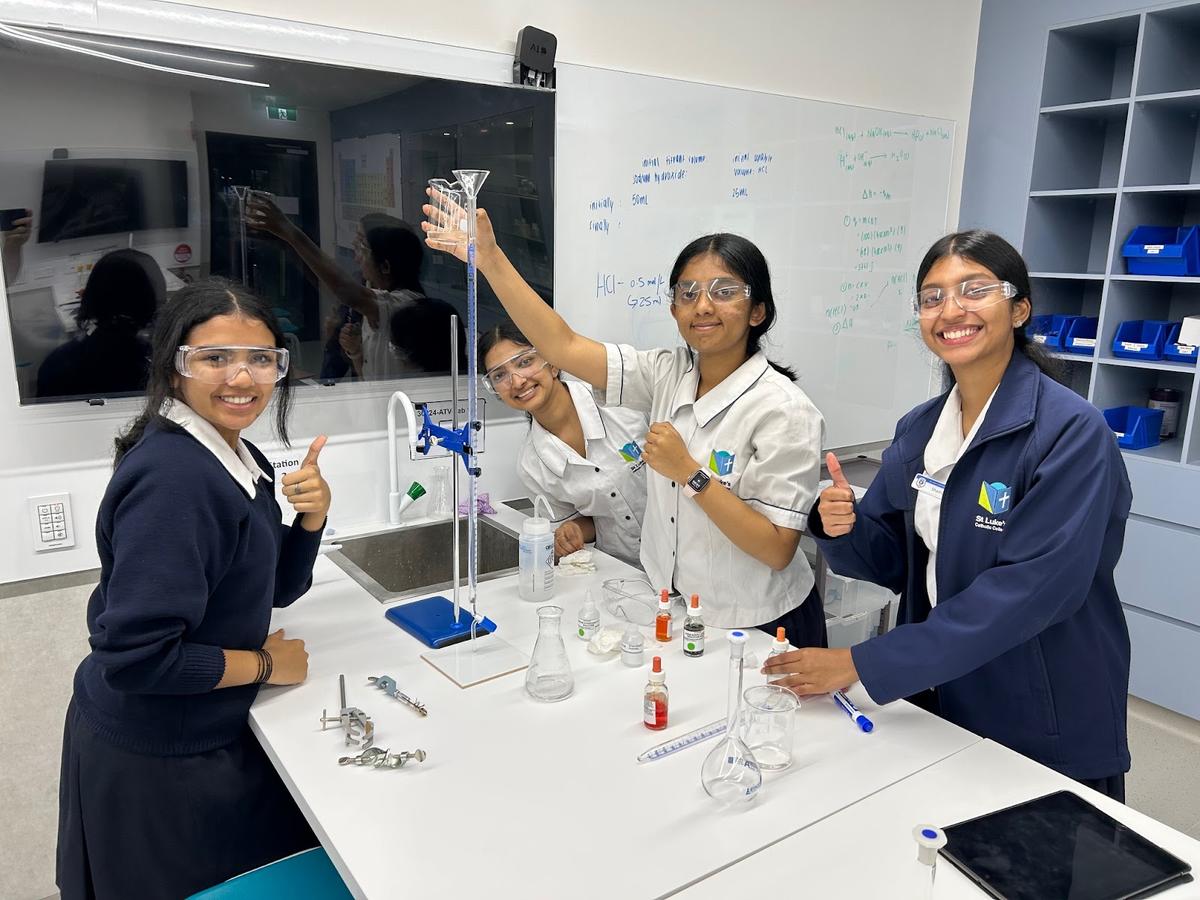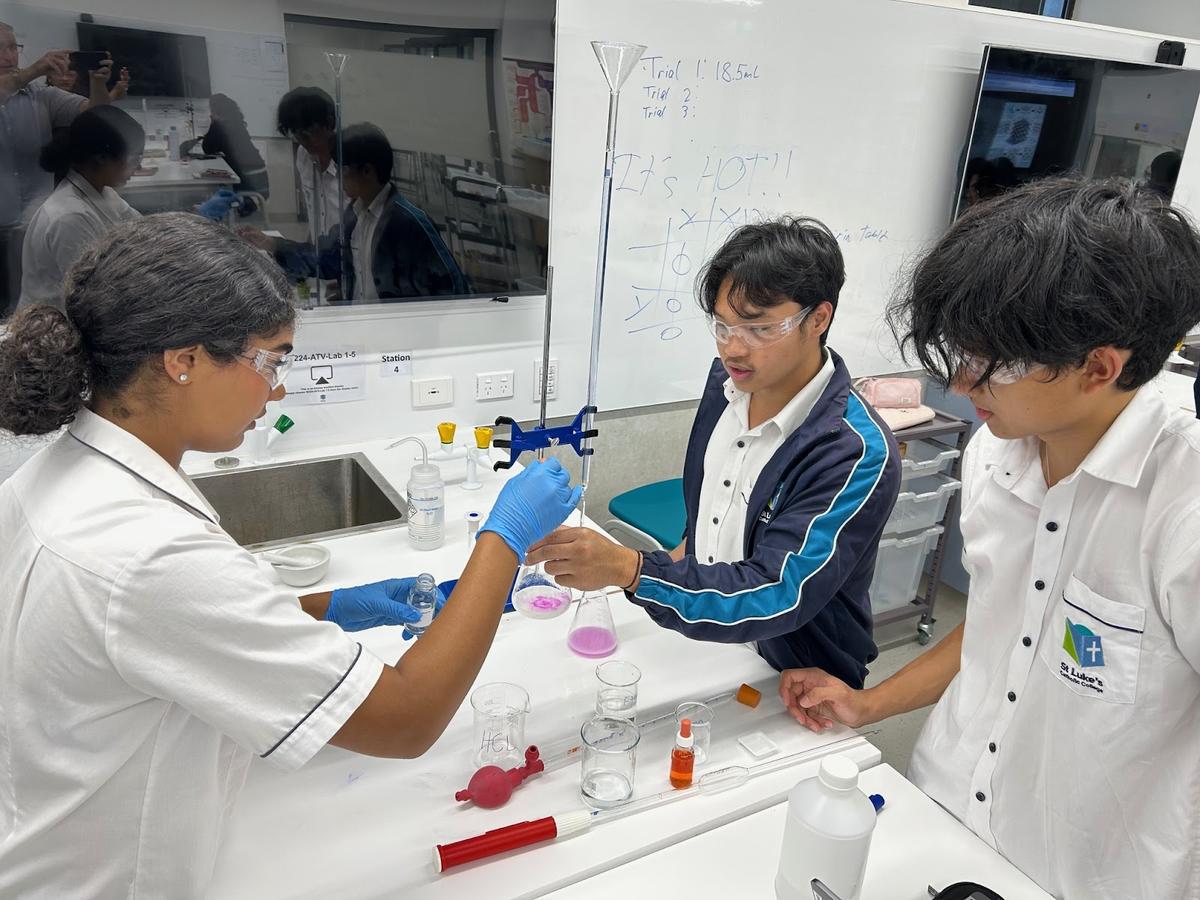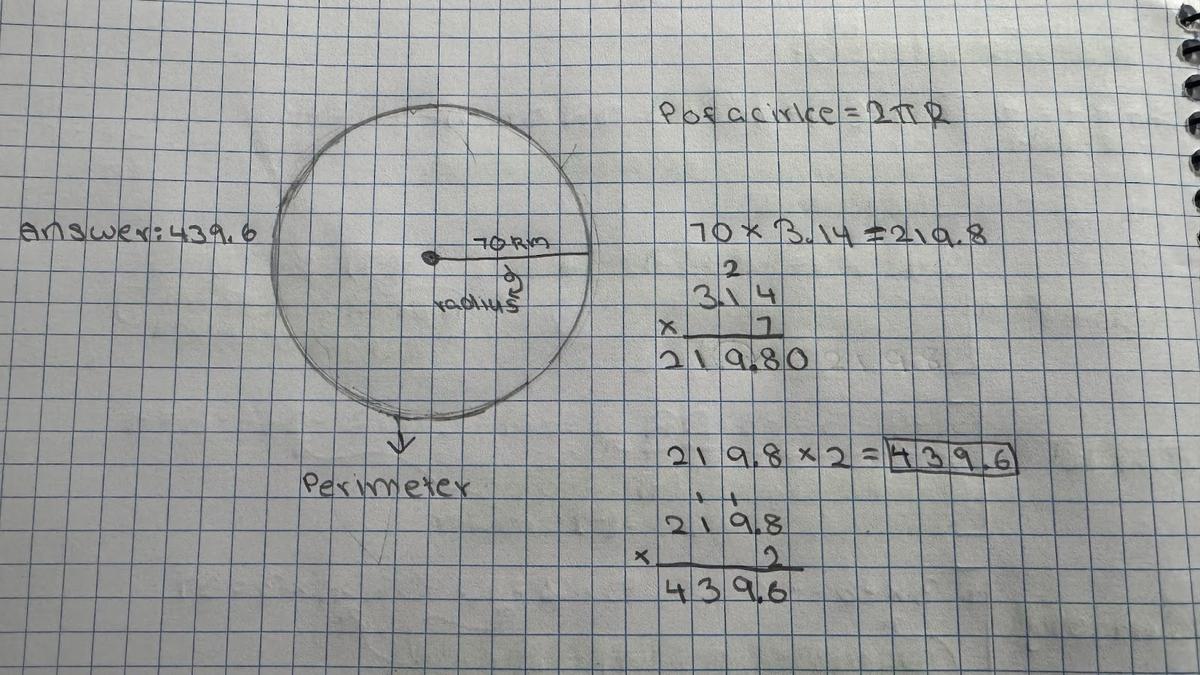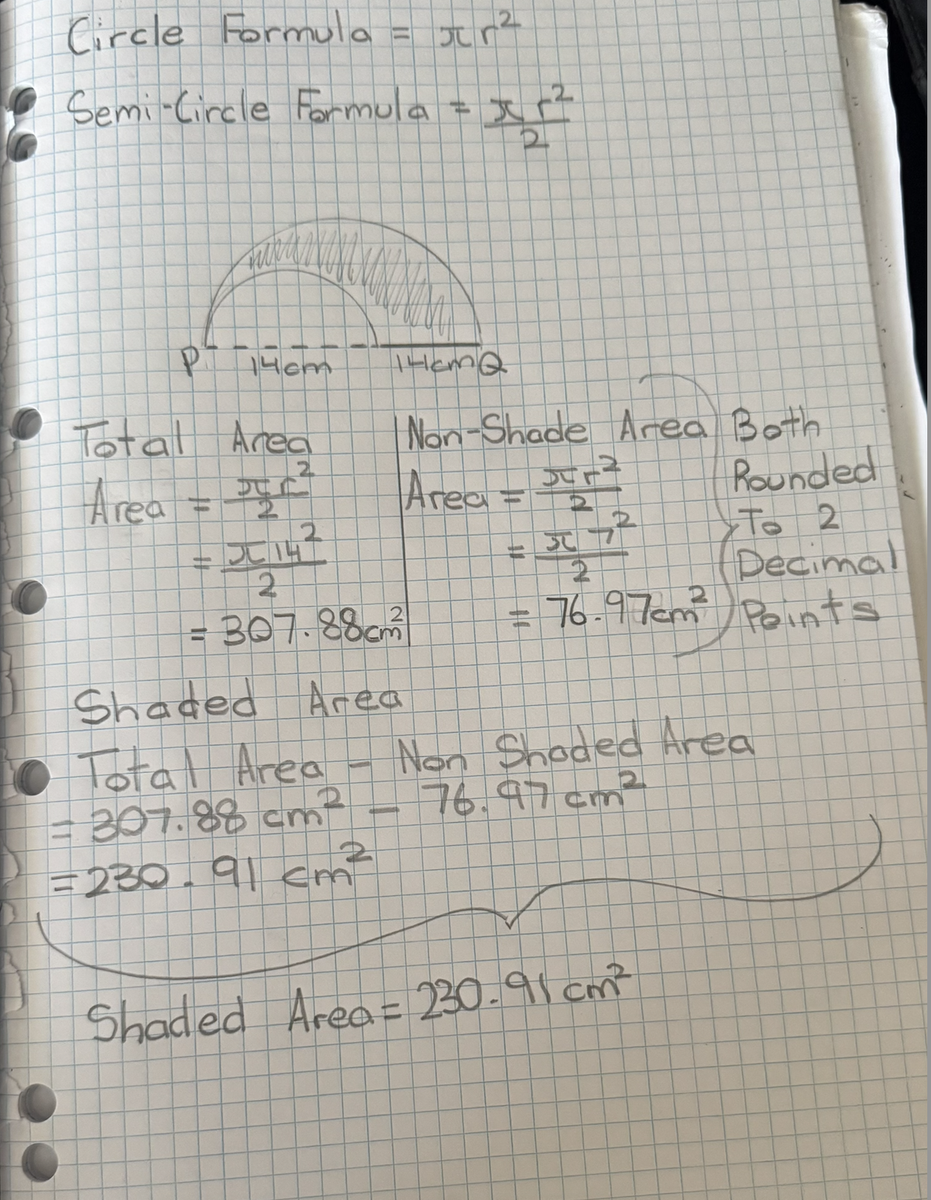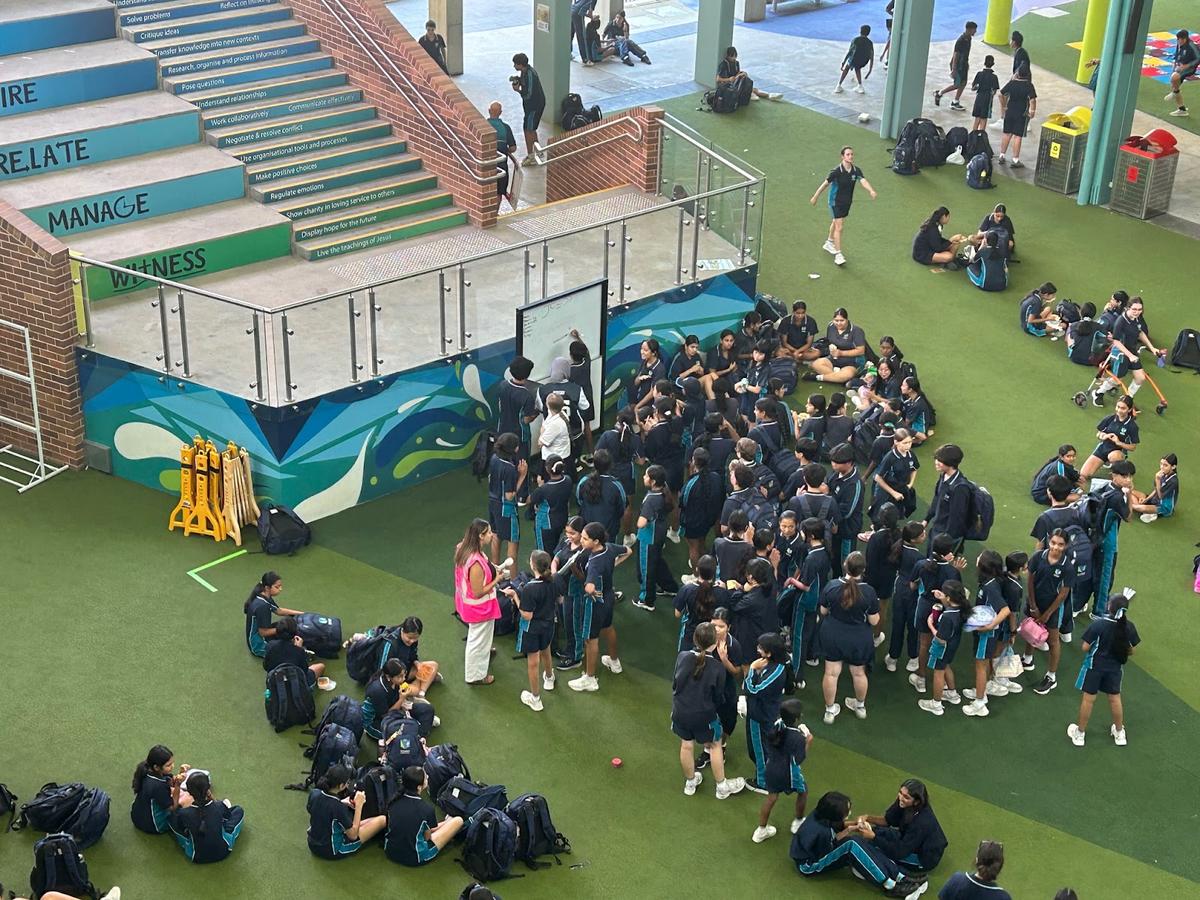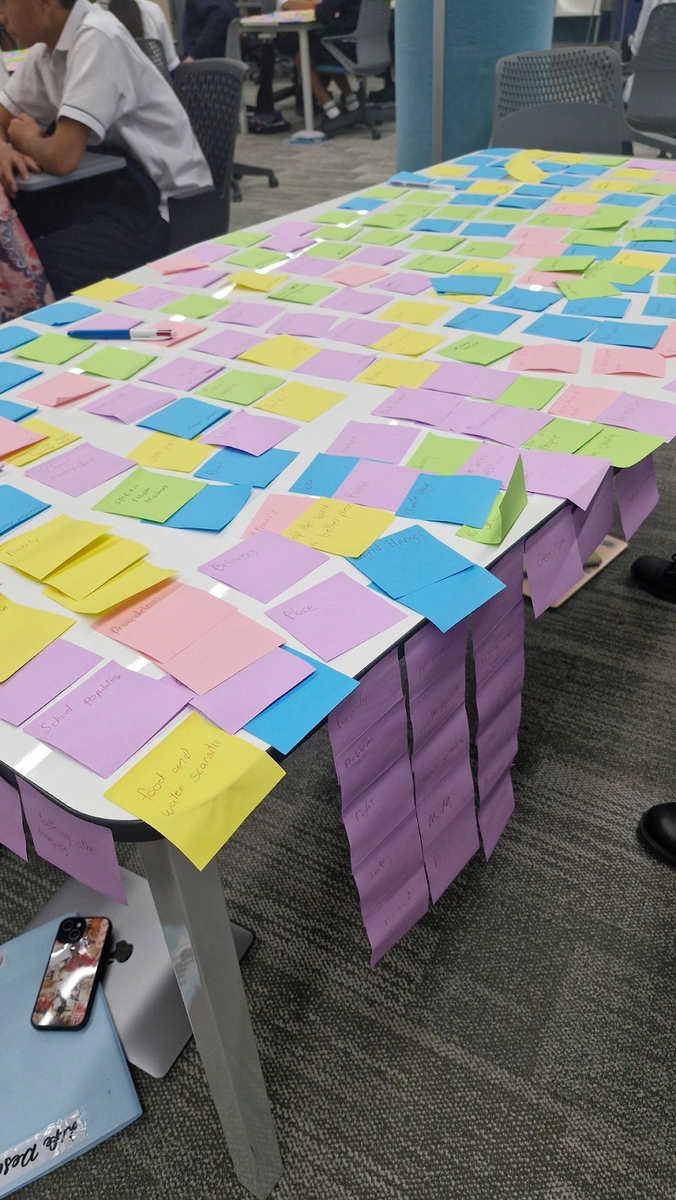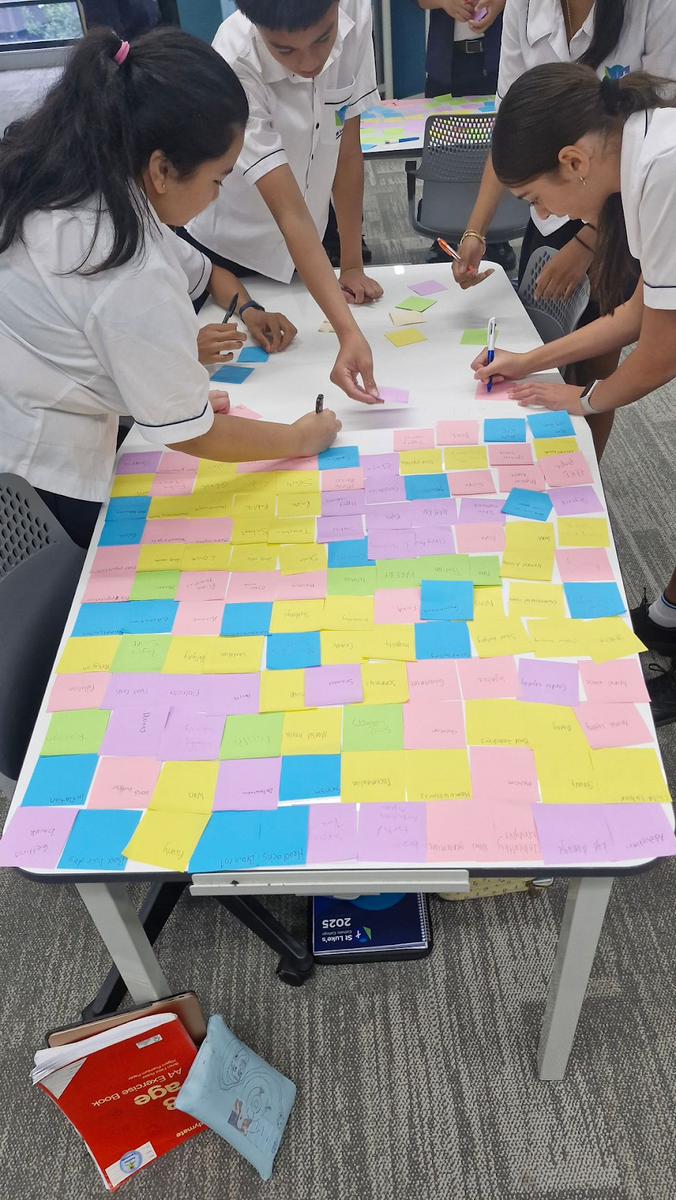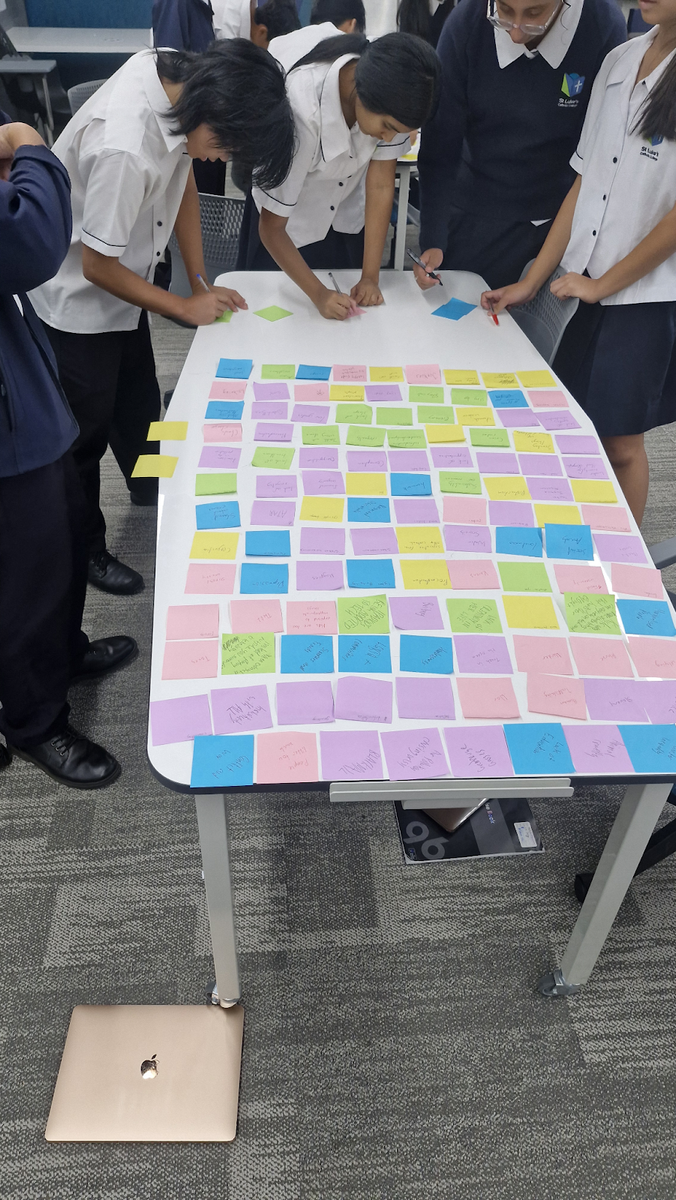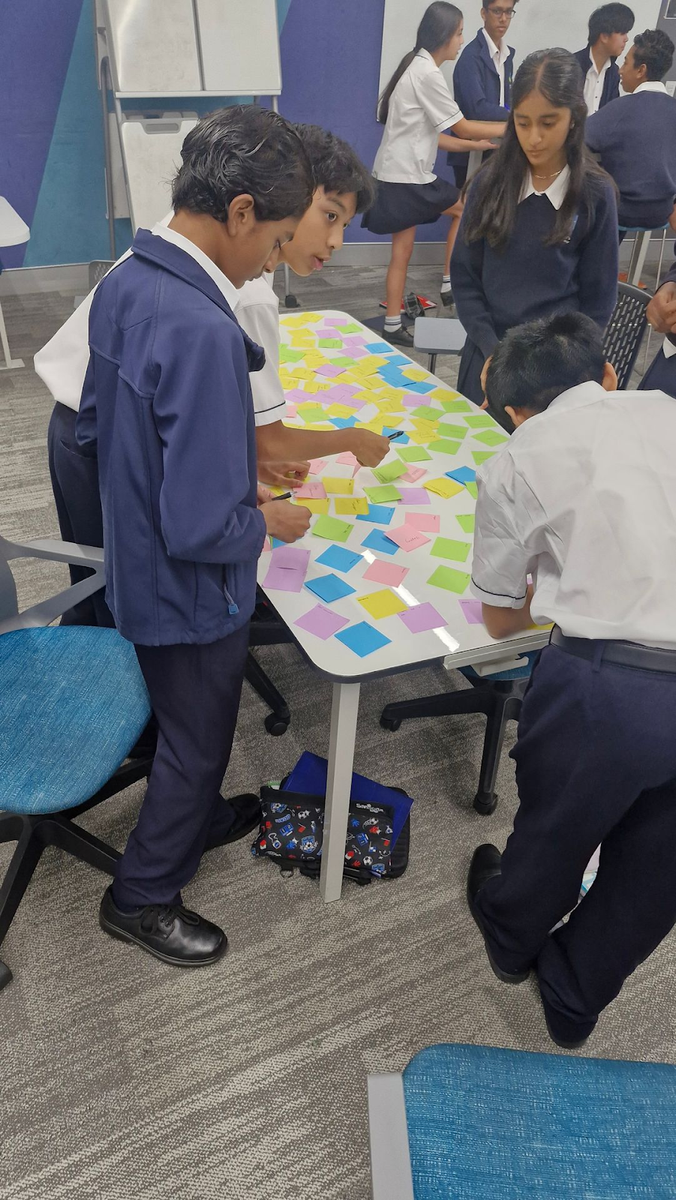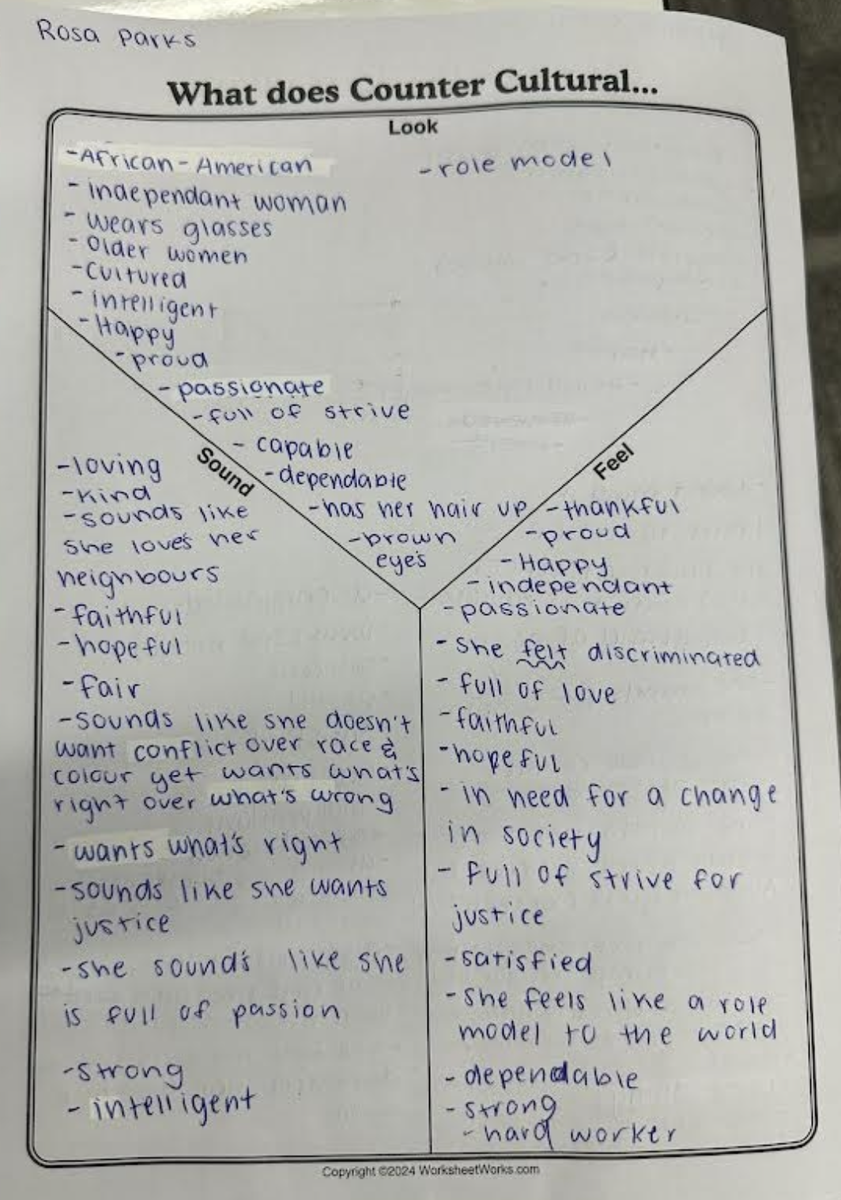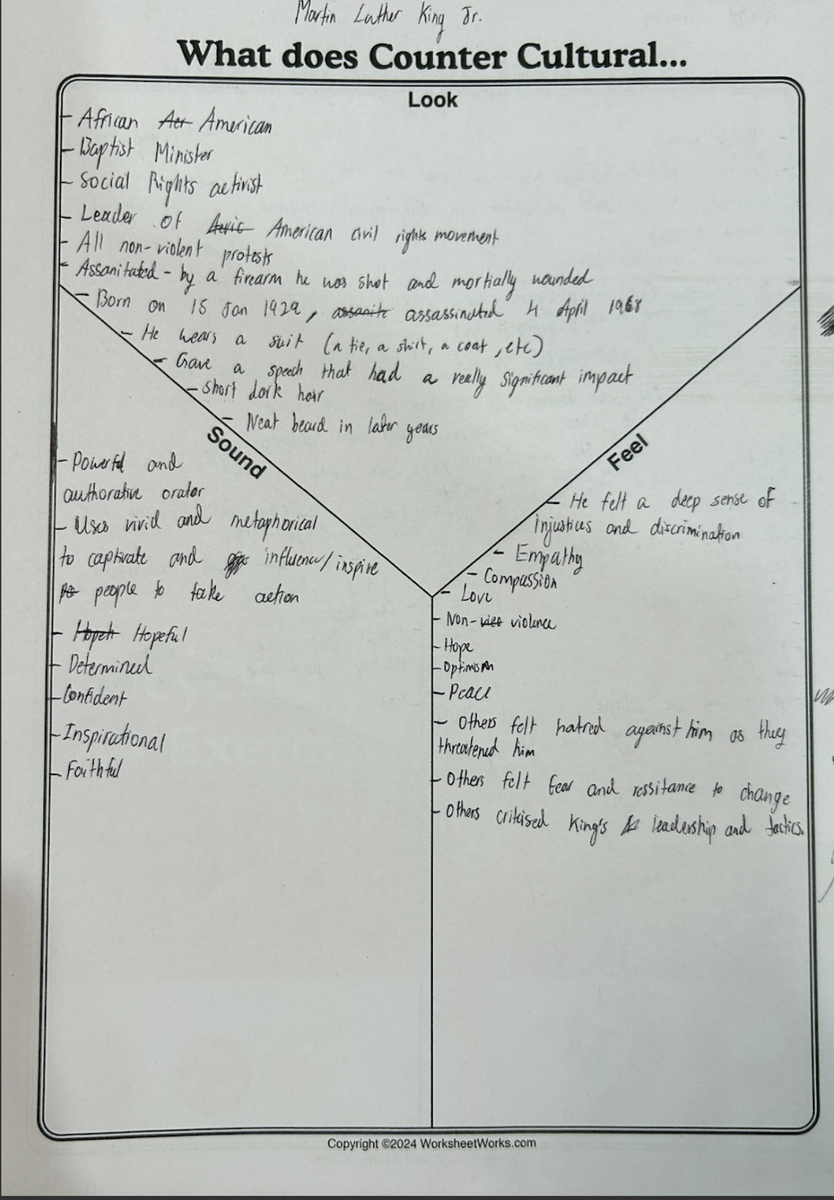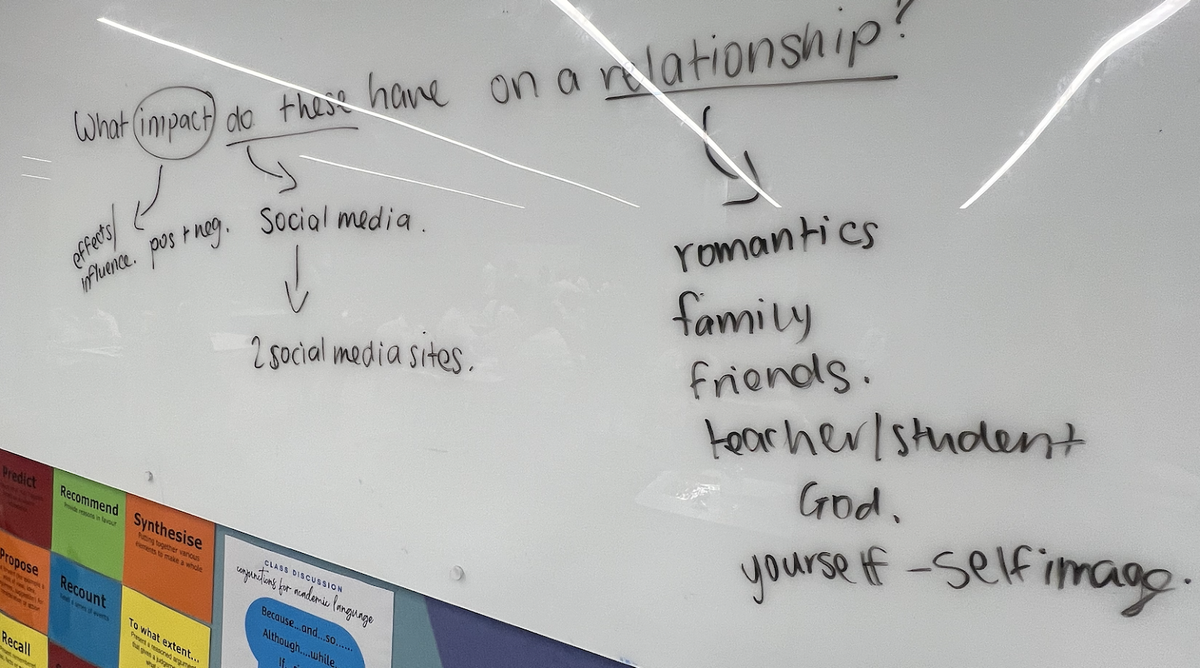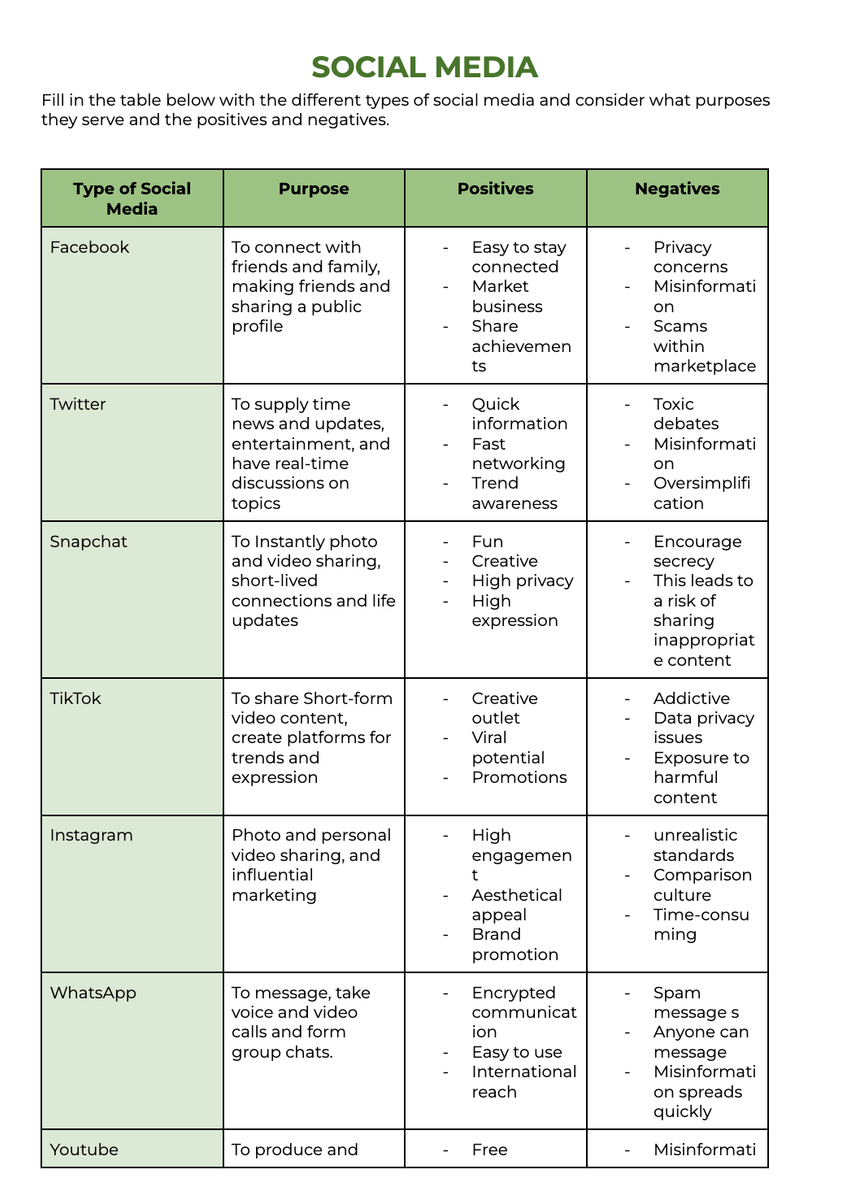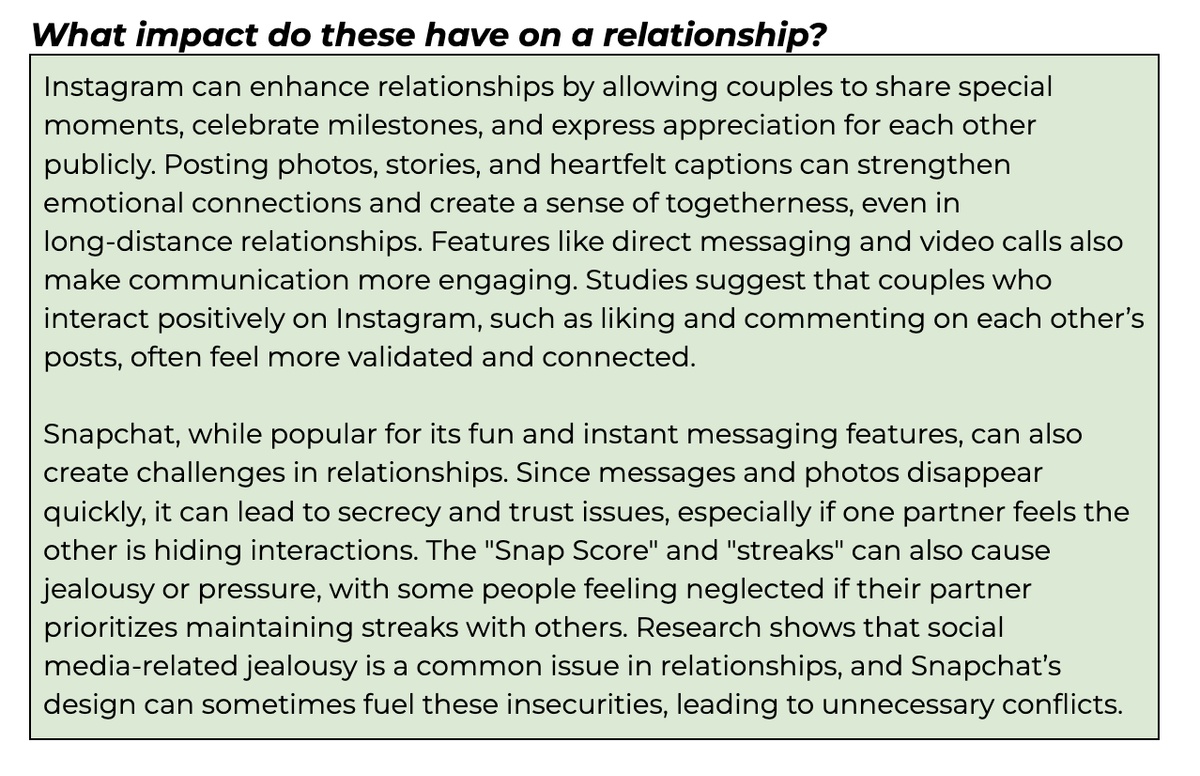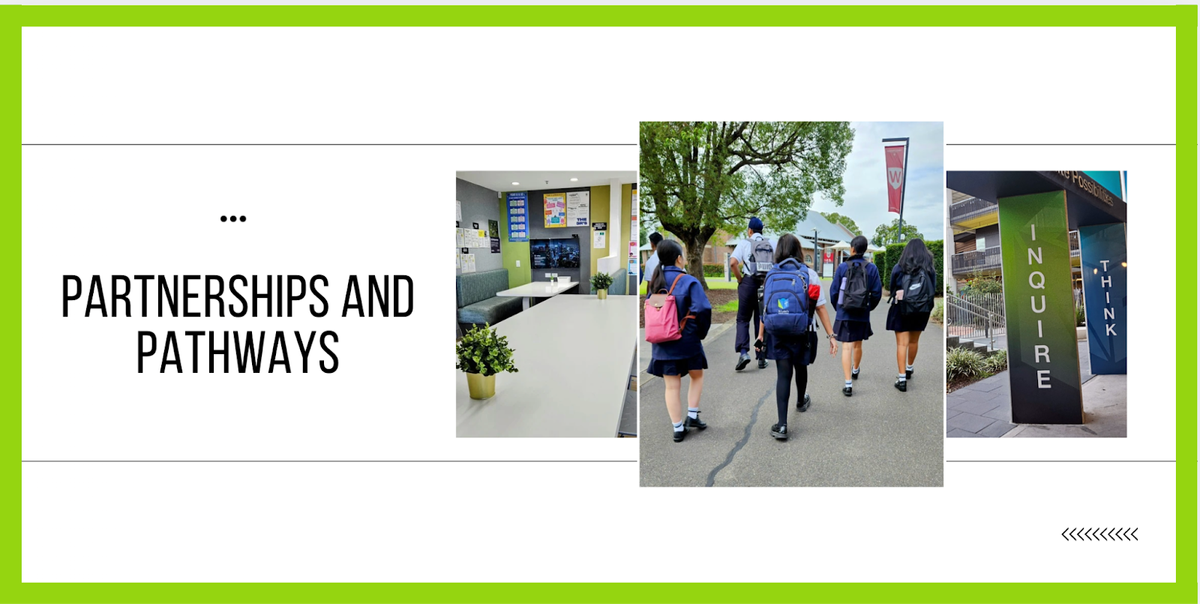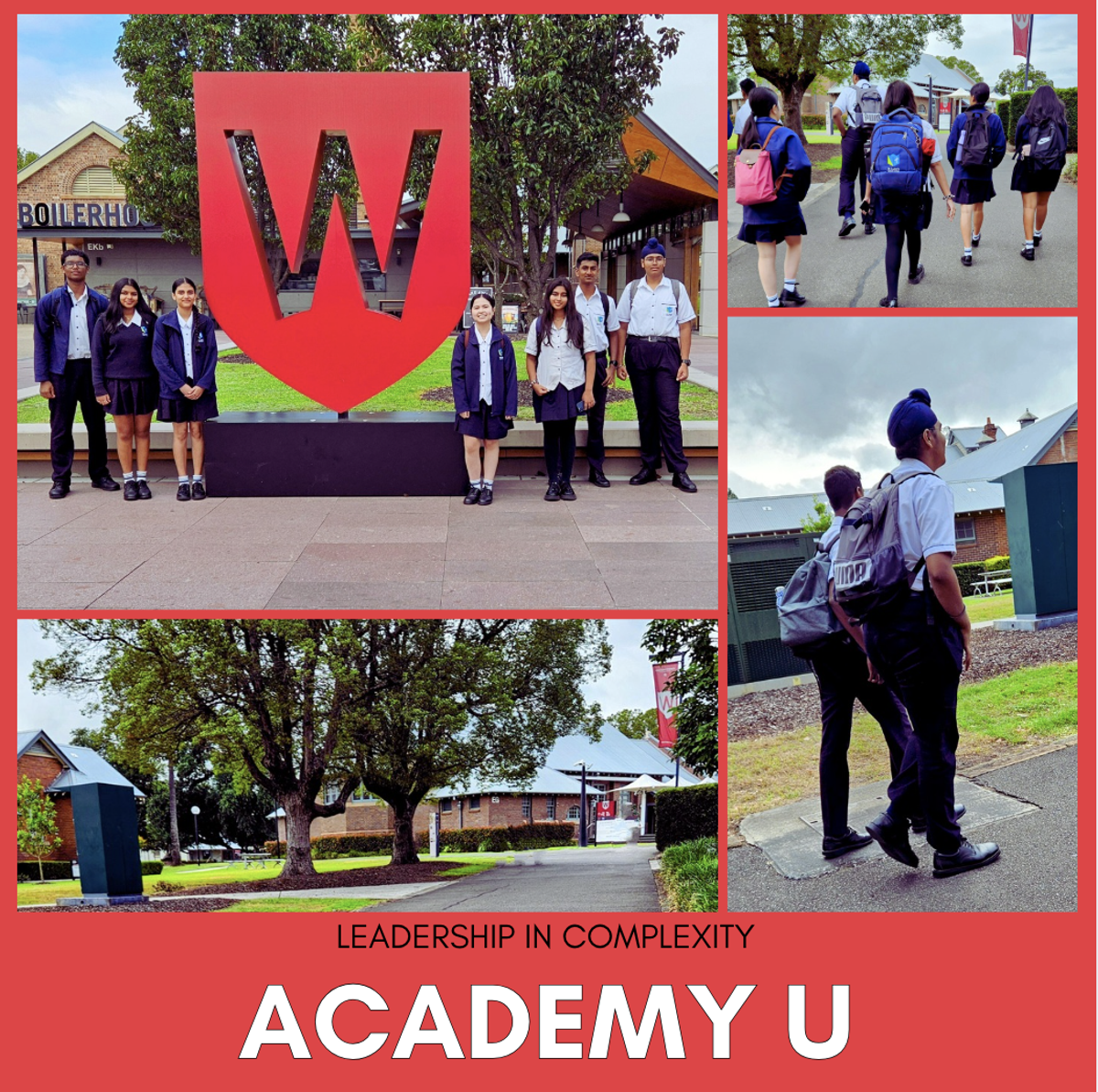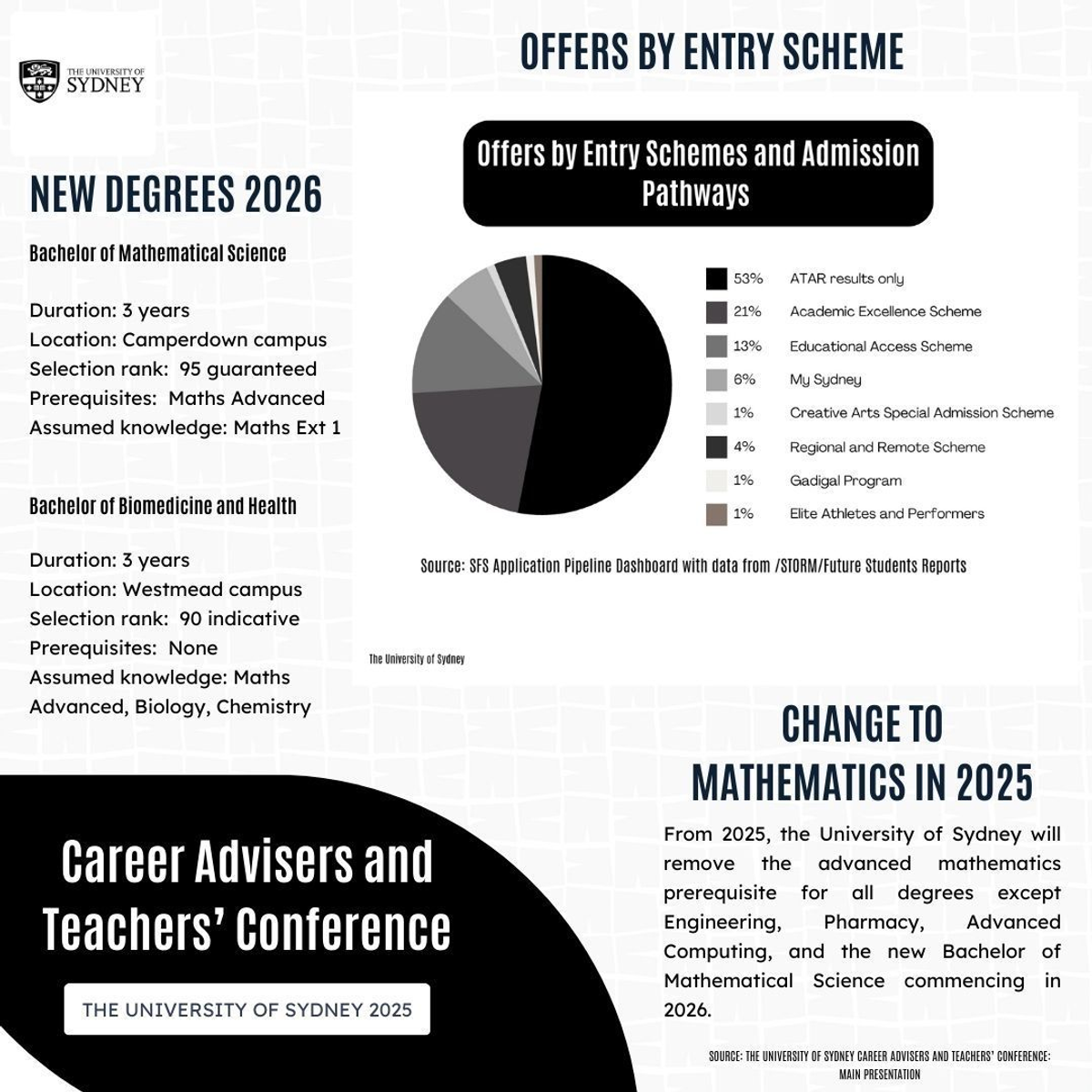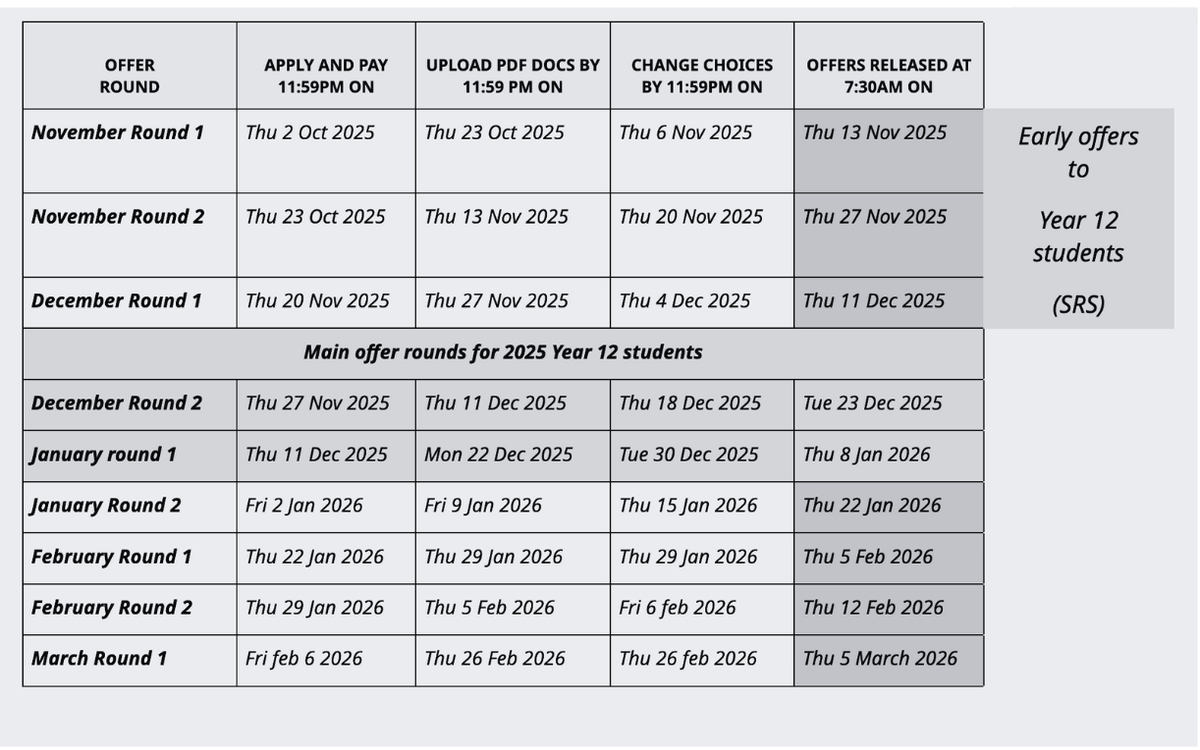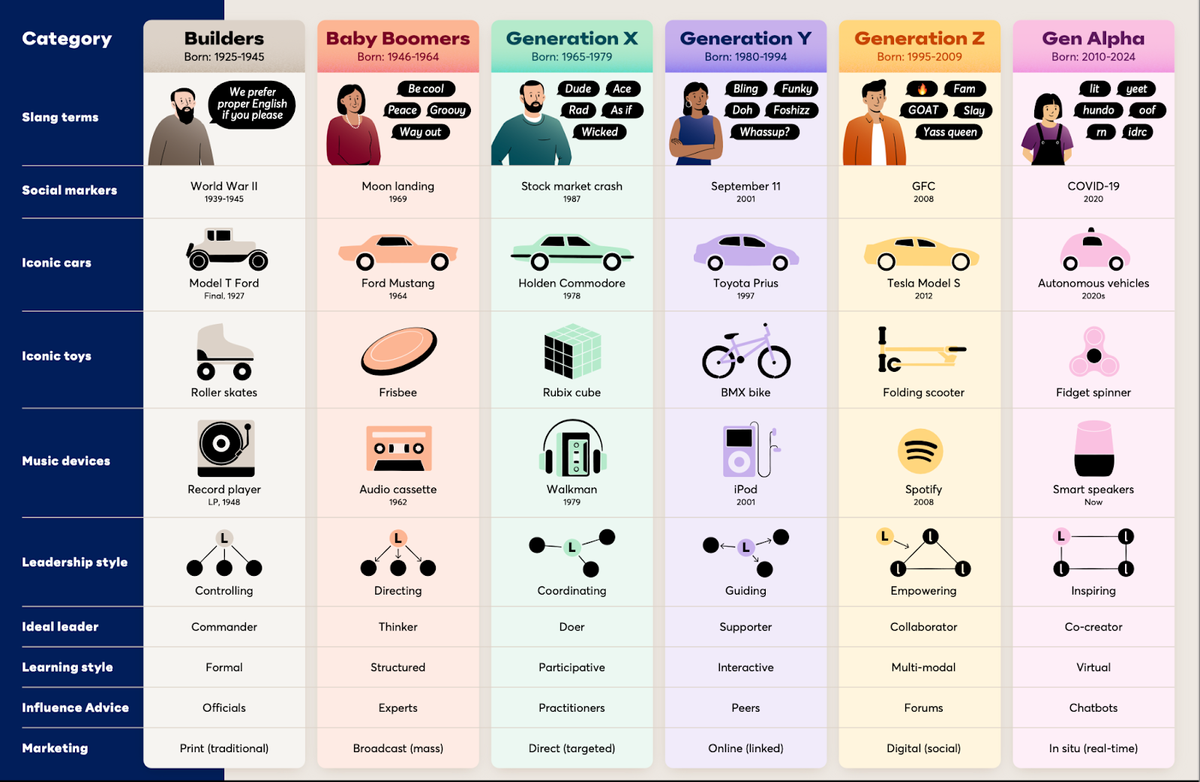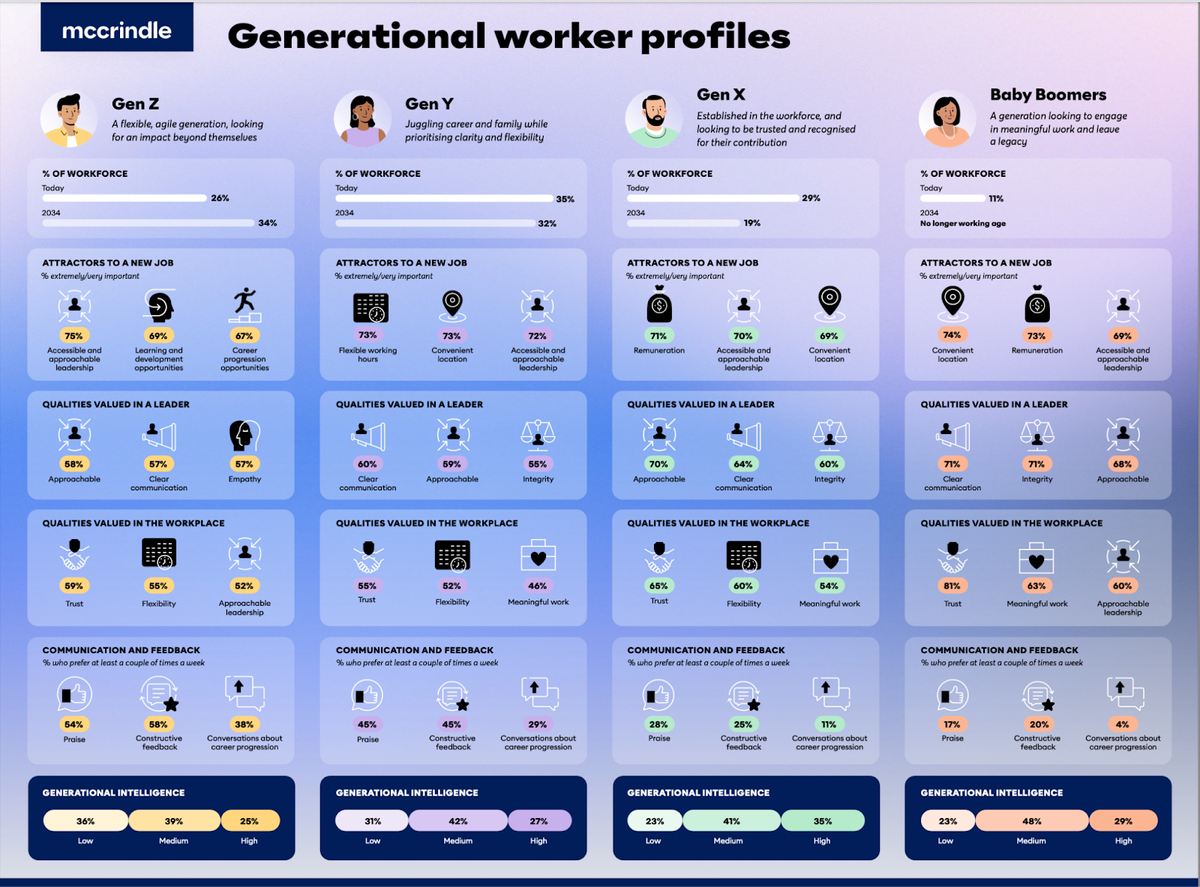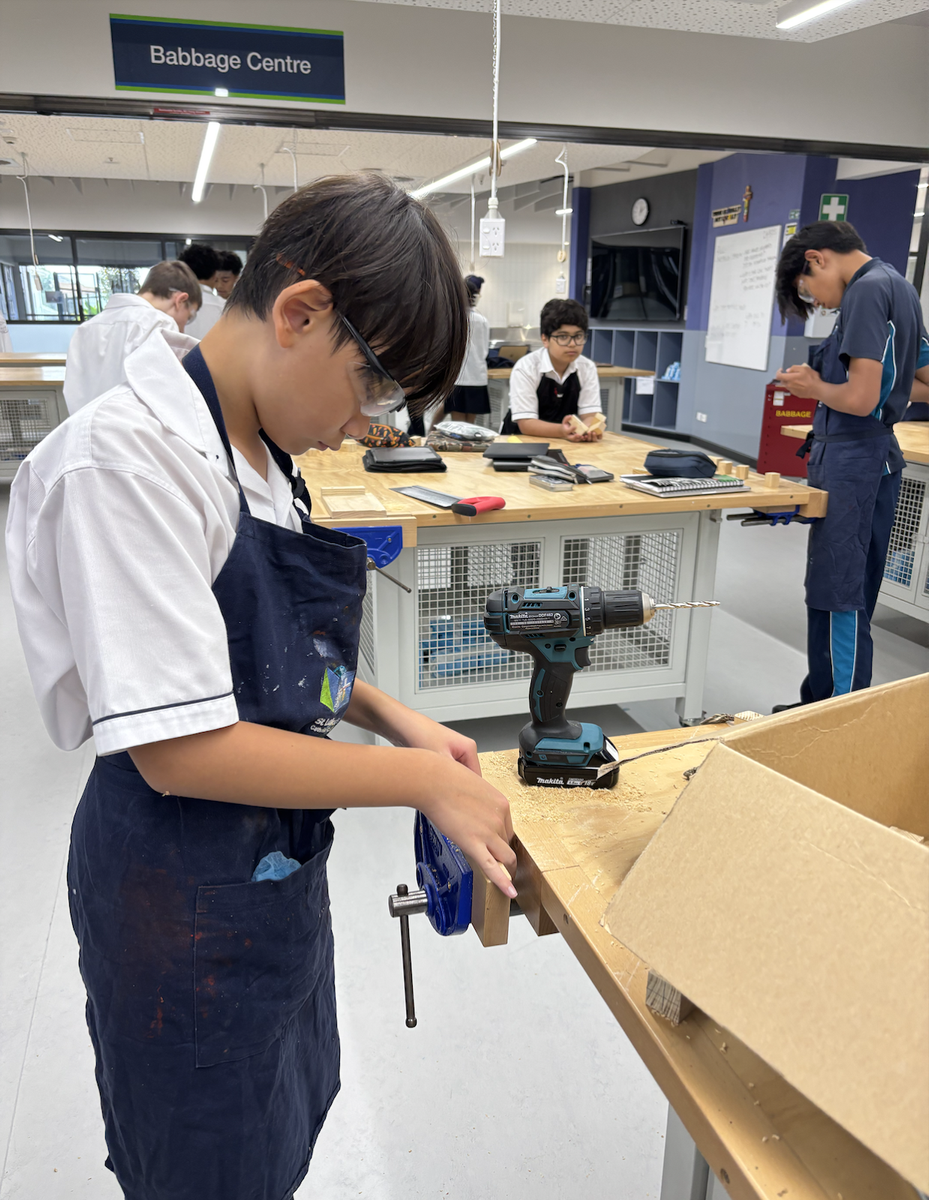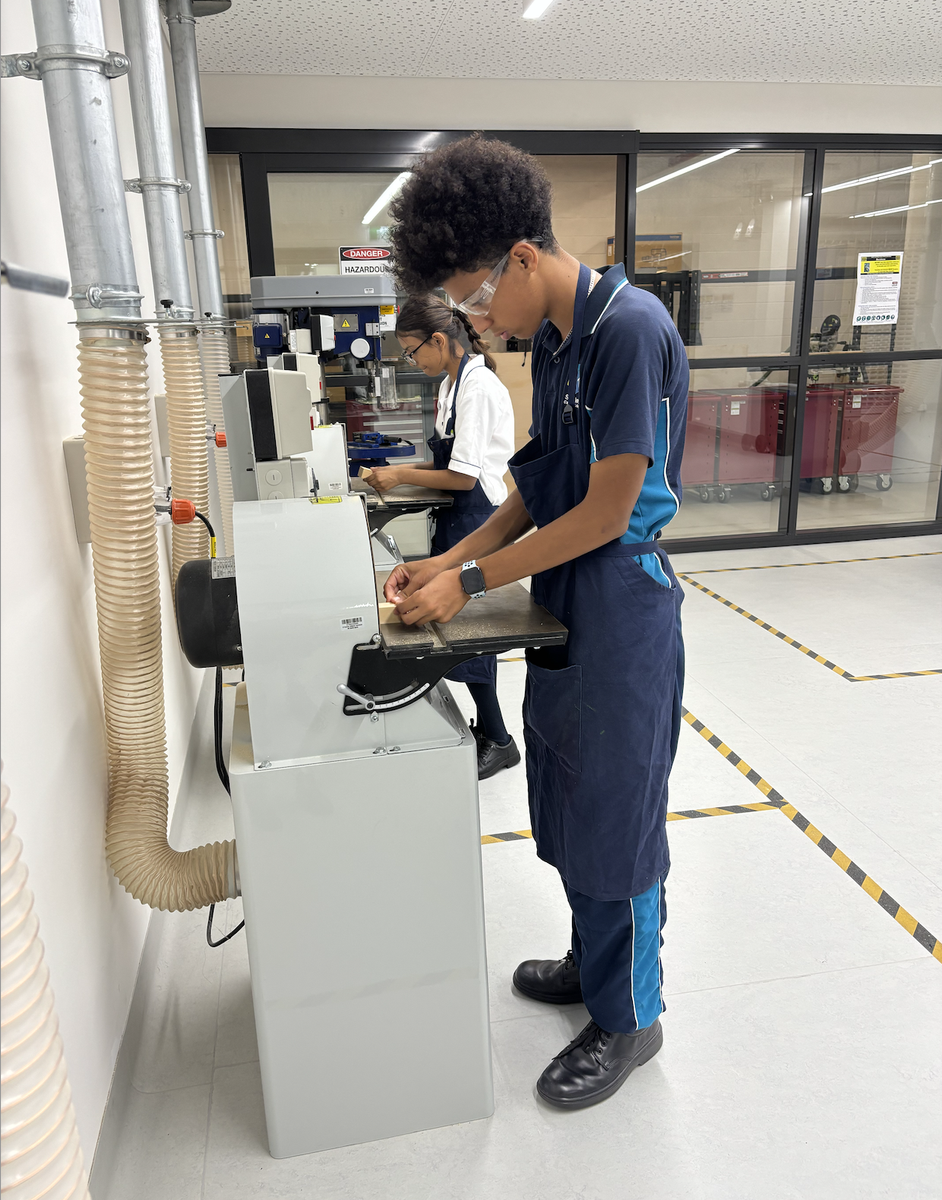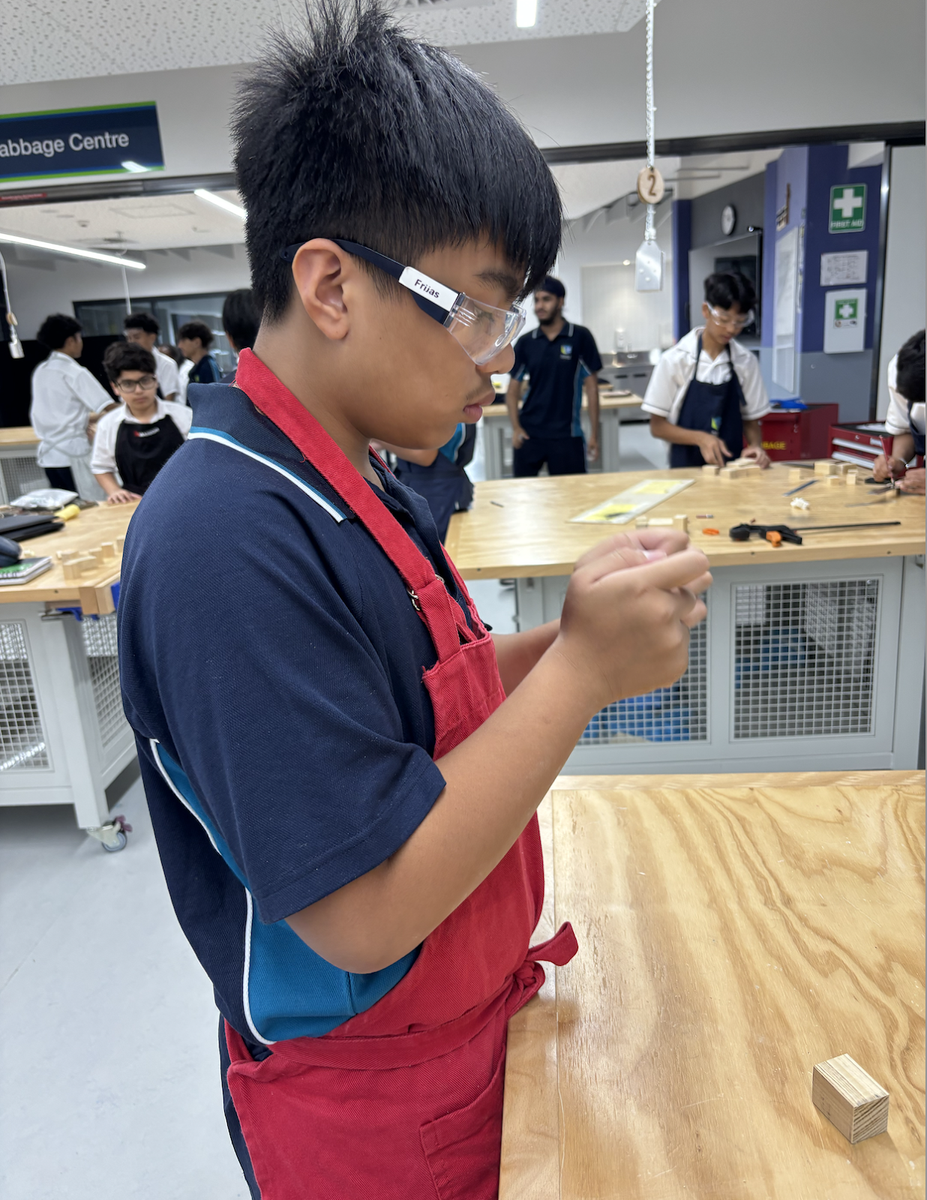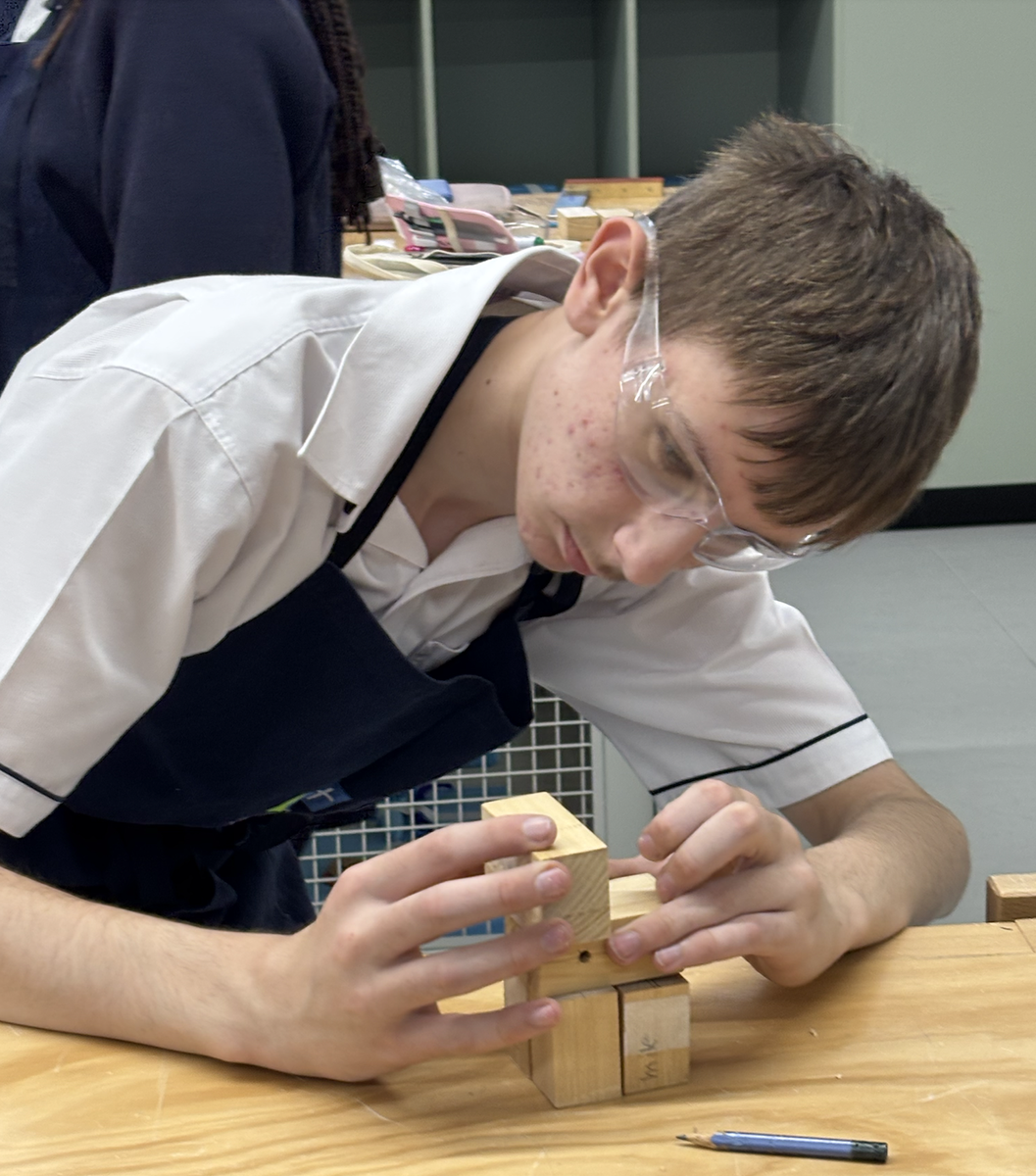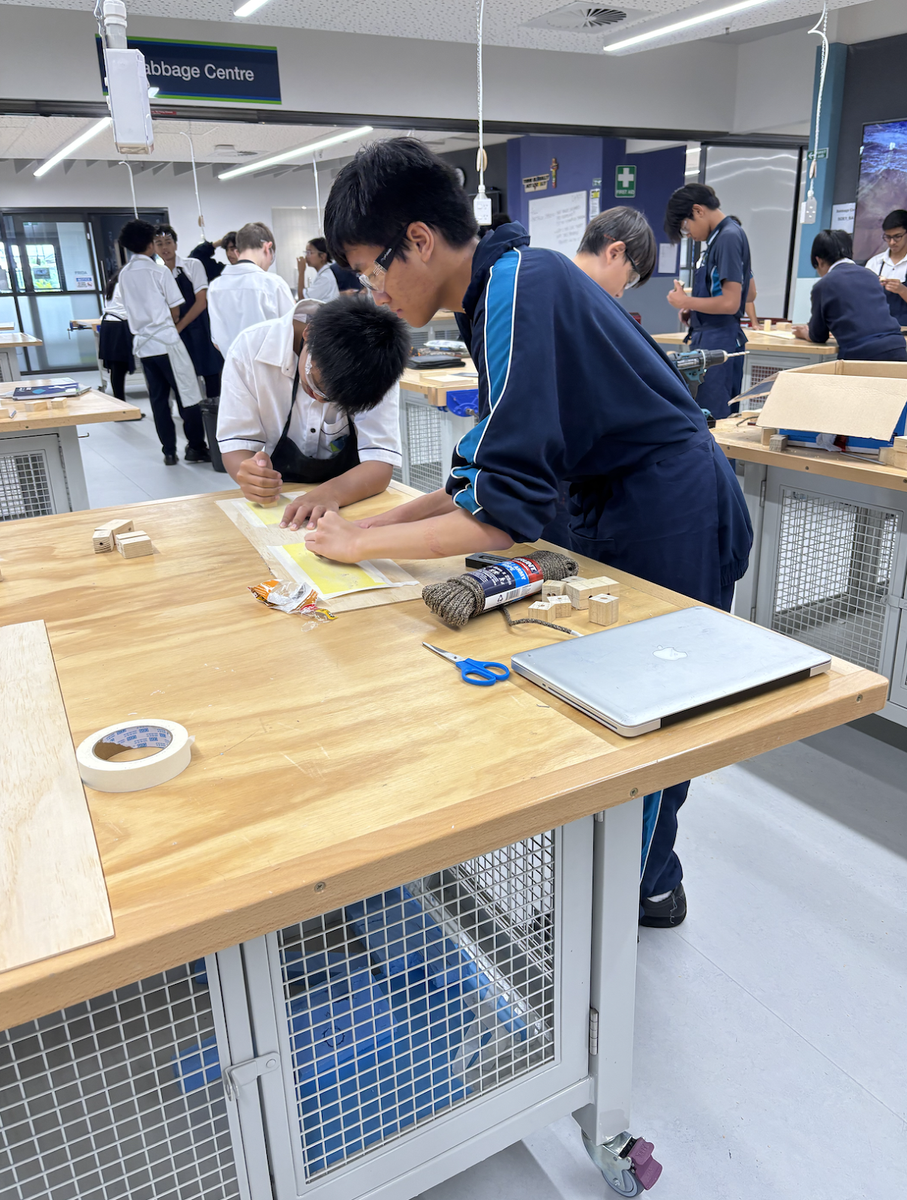School of Entrepreneurs
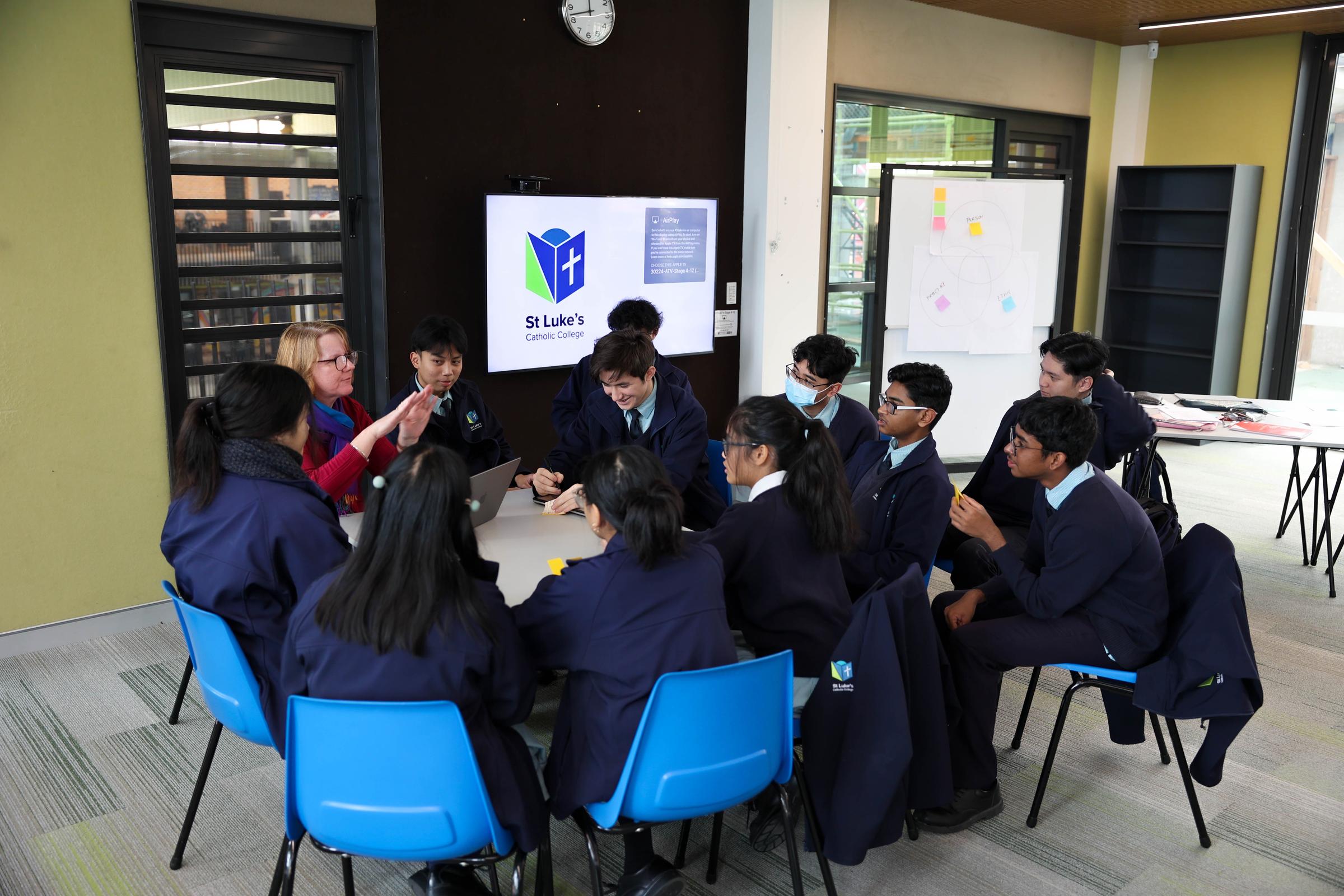
News from the School of Entrepreneurs
From the SOE Head of School
Greetings to the School of Entrepreneurs community,
As Term 1 gradually comes to a close, it's a great time for students and parents to reflect on academic progress and set goals for the terms ahead. Here are five reflective questions you can use to engage your son or daughter in a meaningful discussion about their learning habits and achievements.
- What are you most proud of in your academic efforts this term?
- What challenges did you face and how did you overcome them?
- How effectively have you managed your study time and workload?
- What study strategies have worked well for you and what might need improvement?
- What goals would you like to set for the next term to continue improving your learning habits?
As students progress through their high school senior years, the habits they develop play a crucial role in shaping their academic success. Years 9-12 are particularly significant as they provide the foundation for mastering content, managing workloads and preparing for future study and career pathways. Establishing strong study habits in these years not only enhances performance in assessments but also fosters independence, resilience, and a lifelong love of learning.
According to leading academic research, some of the most effective study habits include:
- Active Recall & Spaced Repetition – Regularly revisiting and testing knowledge over time strengthens memory retention and understanding.
- Time Management & Prioritisation – Using planners, to-do lists, and structured schedules helps students balance study, extracurriculars, and personal time.
- Effective Note-Taking – Techniques such as the Cornell Method or mind mapping enhance comprehension and make revision more efficient.
- Minimising Distractions – Creating a focused study environment free from digital interruptions improves concentration and productivity.
- Self-Testing & Practice Papers – Engaging with past papers and self-assessments builds confidence and highlights areas for improvement.
- Healthy Study-Life Balance – Regular breaks, exercise and sufficient sleep contribute to better cognitive performance and well-being.
Parent Evening Event - Learner Habits at Home
To support both students and parents in fostering these essential skills, we are excited to promote an upcoming Parent Learning Session on Learner Habits at Home for Years 7-12 students run by InspirationED in Term 2, Week 4, Wednesday 21st May. This session will provide valuable insights into how students can cultivate effective study strategies and how parents can support them in building academic resilience and motivation. Please check your calendars and book this event in. RSVP to this event here.
Stay tuned for more details on this important event. Let’s work together to empower our students for success in their learning journeys!
Sending you many blessings for the weeks ahead.
Ms Jacqui Genovese - Head of School, School of Entrepreneurs
What’s been happening in SOE?
ART
In Visual Arts, Year 11 students have been thoughtfully applying their understanding of postmodernism by incorporating techniques and ideas from a range of influential artists into their own assessment work. This term has provided students with rich opportunities to explore and experiment within their Visual Arts Process Diaries (VAPDs), allowing them to trial new approaches and reflect on the evolving nature of their artistic style. Through this process, they have developed a deeper appreciation for the diversity and conceptual depth that defines postmodern art.
MUSIC
In Music, students have focused on developing their understanding of key musical concepts through a diverse range of genres and topics. Throughout the term, they have engaged in a variety of learning experiences that have not only broadened their appreciation for different musical styles but also deepened their theoretical knowledge. These experiences have allowed students to apply their learning in both performance and musicology assessment tasks, demonstrating creativity, critical thinking, and a growing confidence in their musical abilities.
One of the highlights of the term was observing how students connected with music on both an academic and emotional level. Whether exploring the intricate rhythms, analysing the structure of film compositions, or performing contemporary pieces, students consistently demonstrated enthusiasm and a willingness to refine their skills.
SCIENCE
Year 9 students recently took part in a brain dissection to explore the structure and function of the human brain. They identified key parts like the cerebrum, cerebellum, and brainstem, learning how each area controls different body functions. This hands-on activity gave them a unique insight into how the brain works and its role in the body,
Year 11 Physics students recently completed their assessment task, using a pendulum to determine the acceleration due to gravity. By measuring the pendulum’s length and period of motion, they applied mathematical formulas to calculate g. This practical experiment helped reinforce their understanding of motion and forces, giving them hands-on experience with real-world physics applications.
Year 12 Chemistry students recently completed their titration assessment, where they carefully measured the concentration of an unknown solution using acid-base reactions. This practical task required precision and analytical skills as they used indicators and burettes to determine the exact point of neutralisation. The experiment helped students develop important lab skills and a deeper understanding of chemical analysis.
Mathematics
Pi (π) day March 14th (3.14)
As a school community we celebrated pi day, which is the number that represents the relationship between any circle’s diameter and circumference (3.14… times larger).
We had circle based challenges which students completed, some of their solutions are below. We also had a “digits of pi” competition run by our student leaders, where students had to write down as many digits of pi as they could in a minute. Some students were able to recite over 40 digits from memory, very impressive!
Year 7 solution
Year 8 solution
Digits of pi competition
Life Design
Year 9 students in Life Design have begun a unit run in conjunction with Future Anything. This is where students will design a social enterprise that will make the world a better place. This week Year 9 students have begun ideating all the issues in the world that if solved would make our world a better place. Take a look at the volume of ideas they were able to come up with:
RELIGIOUS EDUCATION
Year 9
During our learning, we explored how different women, men, and saints have challenged authority for the sake of the Common Good. Through our research and discussions, we discovered that these individuals often faced great risks, yet they stood firm in their beliefs to bring about positive change.
One figure we learned about was Malala Yousafzai, a young woman who defied oppressive cultural norms by advocating for girls’ education. We also looked at other historical and contemporary figures who have fought for justice despite facing challenges. Their stories helped us see that standing up for what is right is not always easy, but it is necessary for creating a fair and just society.
Through this learning, we have realised that working for the Common Good requires bravery, resilience, and a strong sense of justice. These individuals have taught us that even when it is difficult, we all have the ability to make a difference. Reflecting on the driving question: How can I be an upstander in a world full of bystanders?
Year 10
Throughout our learning, we have explored the challenges of maintaining authentic relationships in today’s digital world. As technology and social media continue to shape how we communicate, we have reflected on both the benefits and the struggles that come with these changes.
One key insight we gained is how social media can both connect and distance us from others. While it allows us to stay in touch with friends and family regardless of location, we also recognised how it can lead to surface-level interactions rather than deep, meaningful relationships. Despite these challenges, we acknowledged that technology is not inherently negative—it is how we use it that matters.
Through this reflection, we are now more aware of the role technology plays in our daily interactions.
Year 10 History - Jewish Museum Excursion
By Yuvan Rajesh
The excursion at the Sydney Jewish Museum was for the students of Year 10, 2025. It was an interactive and engaging place to learn about the history of the Holocaust and how the Jews were affected by it. Students went through 3 rotations, which each talked about different events at the museum. Some of these events include the Krishtallnacht (Night of Broken Glass), people involved during the Holocaust and Jewish experiences during the Holocaust. The students were engaged with many guides who knew a lot about the Holocaust and they were also affected by it due to antisemitism (hatred towards Jews).
There was also a session with a Holocaust survivor named ‘Lily Wolf’ who experienced the Holocaust and spoke to the students as a group about what she had to experience as a child, her situation with her family and friends and where she ended up in the future. Some of the experiences that she talked about included her walking 25km everyday to the concentration camps without stopping, how she lost most of her family including her younger brother and the daily dangers of life as a Jewish person in that era. This helped the students learn about what life was during the Holocaust and how much antisemitism was around at that time. Overall, this excursion provided insight on how the Holocaust affected multiple groups of people, the history behind the Holocaust and who was involved in it.
Pathways and Partnerships
Mrs Vanessa Katakalos
Career Pathways Meetings
Over the last few weeks I have caught up with a number of students to discuss their future goals, aspirations, and possible pathways. I always enjoy hearing about our students' ambitions and helping them explore the many pathways available—whether it’s TAFE, university, apprenticeships, or other career options. These conversations reinforce how valuable it is for students to have support and guidance as they make important decisions about their future. Some of the interesting careers we have had conversations about include:
- Forensic Architecture
- Forensic Accounting
- Art Therapy/Psychology
- Biomedical Engineering
- Border Security/Customs
Encouraging Career Conversations at Home
Parents play a crucial role in helping their child explore career options. In fact, according to research conducted by McCrindle (2021), 59% of young people stated that either Mum or Dad have the biggest influence on their career decisions. To support these discussions, here are two helpful resources:
Career Conversation Cards – A resource designed to encourage meaningful conversations about future pathways and careers. These questions get students to reflect on their interests, beliefs, values, and ideas while exploring possibilities for the future. There are cards for Years K-2, 3-5, 6-8,and 9-12.
Career Conversation Cards Link
Career Coaching Workbook for Parents of Teens- This guide was prepared to help parents support their teens as they explore career options. It provides suggestions on career planning, how to talk to teens about career choices and how to find an ally who can help prepare teens for entry into the workforce.
Academy U
Some of our Year 11 Academy U students participated in their first Leadership in Complexity workshop. During this session they explored different theories and traits, while also developing essential skills in critical thinking, problem-solving, and leadership.
Leadership is one of the most highly valued skills in the workplace and by developing strong leadership abilities, students can position themselves for success in any career. This is why the Leadership in Complexity subject is so valuable—it not only provides academic credit toward a related degree but also equips students with the skills needed to succeed in the future.
By completing this first-year university subject our students also gain insight into what studying at a university level is like. We look forward to watching our students as they continue their Academy U journey!
University Visits & Key Takeaways
Over the past few weeks, I’ve attended careers adviser events at Macquarie University and The University of Sydney.
Macquarie University
Did you know that Macquarie University also offers an alternative pathway through their college for students who may not get the required ATAR to go straight into a degree?
Diplomas are equivalent to the first year of a bachelor degree. If a student successfully completes the diploma, they can progress directly into the second year of an undergraduate degree without losing any time.
Here are some interesting facts I learned at the Macquarie University Symposium:
- The average young person will have 18 jobs and 6 career changes in their lifetime
- 65% of children entering primary school today will end up working in job types that don’t yet exist
- 79% of Gen Z want a job and a side hustle
The University of Sydney
A key takeaway from the University of Sydney Conference was the growing flexibility in study paths. One student shared how she’s balancing her passion for the arts with academic ambitions by pursuing a double degree in Law and Arts. This highlights how options like double degrees can help students explore multiple interests while keeping career pathways open. We also heard about two exciting new degrees launching in 2026, one of which will be taught at Westmead Hospital—an amazing opportunity for students interested in health and biomedical sciences.
Experience Macquarie Days
Another recent highlight is the number of students who signed up for the free Experience Macquarie Days, where they’ll get a taste of uni life these April school holidays! These days provide the perfect opportunity to attend information sessions, participate in hands-on workshops, explore Macquarie’s state-of-the-art facilities, and take a guided campus tour. If your child is curious about different study areas, they can either focus on one field or mix and match sessions across two faculties—it’s all about what works for them.
Some areas of study are:
- Medicine
- Engineering
- Education
- Business
- Accounting
- Law
- Psychology
- Criminology
- Creative Arts
Sessions are filling fast so if you have a child in Years 10-12 who would like to attend please use the link below to register.
Macquarie University Experience Day Registration
YEAR 12 UAC Dates
Dates are correct as of 5 Feb 2025 but subject to change. Times indicated are based on Sydney time.
Application Dates:
Tuesday 20 September 2025- Early bird processing change deadline
(Pay for and submit your application by this date to avoid the higher processing charge)
Friday 6 February 2026 Applications close for Semester One, 2026
Some courses have early closing dates set by the institutions. Check the course descriptions on UAC’s website at uac.edu.au/search
Early Bird
Wed. 2 April to 11:59pm Tues. 30 September 2025
Approximately : $80.00
Standard
Wed. 1 October to 11:59pm Fri. 6 February 2026
Approximately : $215.00
Generational Profiles
I found these two information posters very interesting. As a Gen X it was fascinating to get insights into the other generations.
Year 9 Technology
Year 9 have been learning about marking, measuring, sanding and using tools safely and correctly in the workshop during their first industrial timber project for the year. They are making a project called “Robot Guy” and are making robot people and animals. Students will also design and make a vehicle of their choice using the laser cutter and 3D printers. It will be exciting to see what they make!
